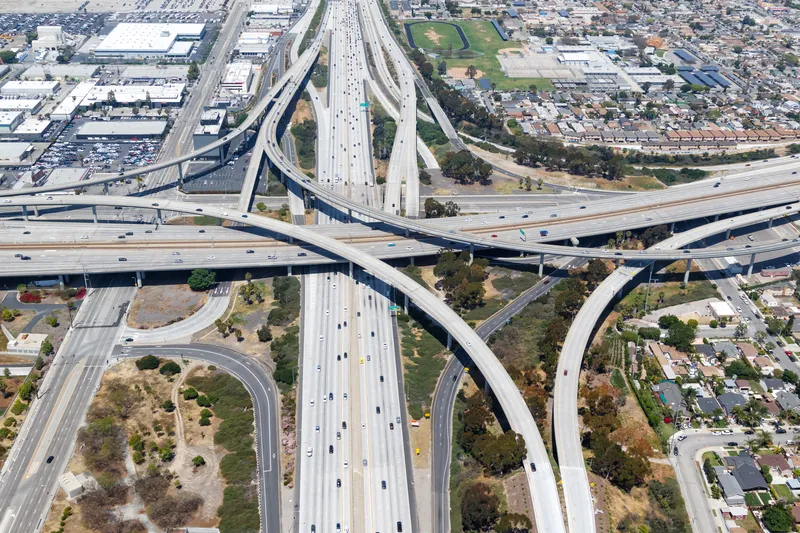
A Governors Highway Safety Association (GHSA) report has found traffic crash fatalities disproportionately affected Black and indigenous people and people of colour (BIPOC) between 2015-19.
The report - showing the total traffic deaths per 100,000 population by race and ethnicity – found American Indian/Alaskan Native people had a substantially higher per capita rate of total traffic fatalities of 145.6 compared with all other racial groups.
An Analysis of Traffic Fatalities by Race and Ethnicity says Black people had the second highest rate of total traffic deaths (68.5). It is followed by White (55.2) , Native Hawaiian/ Other Pacific Islander (51.1) and Hispanic (46.9) and Asian (15.3) persons.
GHSA executive director Jonathan Adkins, says: “Our nation’s historic inequalities have contributed to an unacceptable imbalance in traffic safety."
“GHSA is focused on promoting racial justice and finding solutions that advance just results in the country’s behavioural highway safety programmes. This problem didn’t happen overnight, and it won’t be fixed overnight – but we have to begin taking meaningful steps forward every day to make our roads safe for all people and communities.”
The report identifies actions actions states and communities can undertake when considering traffic enforcement, safety education and community outreach to better serve minority communities and reduce crashes, injuries and deaths.
These include prioritising planning and investment in infrastructure safety countermeasures in under served/lower socioeconomic communities and neighbourhoods that have suffered from years of bias and disinvestment.
The GHSA also recommends developing research-based interventions that prevent traffic crashes before they occur while also tailoring safety education campaigns with BIPOC input.
It advises extensive engagement with local BIPOC leadership to determine if and how an equitable traffic enforcement programme can be implemented in their community.
The initiative builds on steps outlined by the association that it can take along with State Highway Safety Offices (SHSO) and their partners to promote equitable traffic enforcement.
SHSOs are responsible for addressing speeding, impaired driving and other behavioural safety issues that contribute to traffic crashes, and work with their engineering counterparts to address the role of infrastructure in crashes.
Additionally, the GHSA is conducting a separate assessment of state approaches to racial equity to identify and promote best practices and solutions.
At its 2021 Annual Meeting, GHSA is to bring together national and state leaders in Denver in the autumn to discuss steps the highway safety community can take to achieve greater equity in traffic enforcement and engagement.
It will also hold a webinar in July on how to build trust and foster positive engagement between law enforcement and BIPOC communities.









